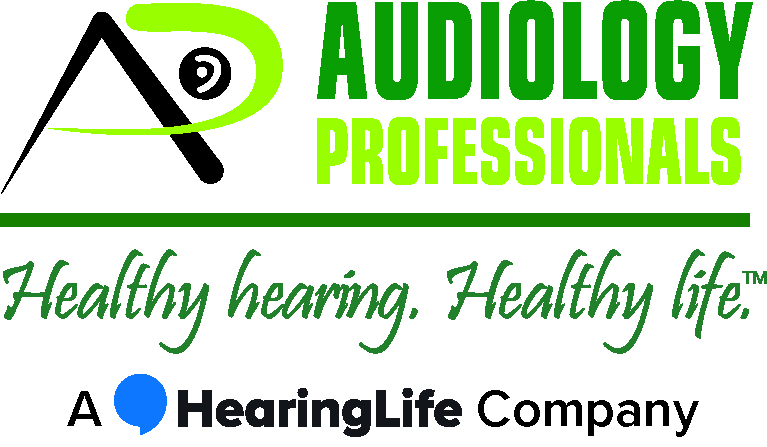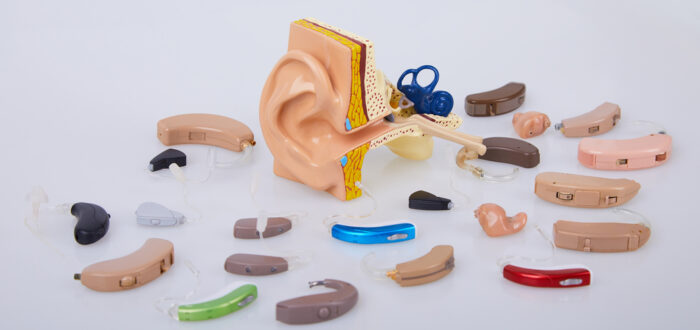Hearing loss can significantly impact quality of life, but advancements in hearing technology have made it possible for many to regain the joy of sound. One common question among those experiencing hearing difficulties is whether hearing aids are effective for conductive hearing loss.
In this blog, we’ll explore the nature of conductive hearing loss and the role of hearing aids in its management.
What is Conductive Hearing Loss?
Conductive hearing loss occurs when there is a problem conducting sound waves anywhere along the route through the outer ear, tympanic membrane (eardrum), or middle ear (ossicles).
This type of hearing loss can be caused by a variety of issues, including ear infections, fluid in the ear, earwax buildup, or abnormalities of the eardrum or bones of the middle ear.
Are Hearing Aids a Solution?
The Role of Hearing Aids
Hearing aids can be beneficial for some forms of conductive hearing loss. They work by amplifying sound, making it easier for the sound to be conducted through the ear. However, the effectiveness of hearing aids depends on the specific cause and severity of the hearing loss.
Assessing the Condition
It’s crucial to get a proper diagnosis from your local hearing clinic. They can determine the cause of the hearing loss and whether a hearing aid is the best solution.
Alternative Treatments
In some cases, medical or surgical intervention may be more appropriate. For instance, if the hearing loss is due to a blockage, removing the blockage may restore hearing. For more information on these treatments, visit HearingLife for further valuable resources.
Types of Hearing Aids for Conductive Hearing Loss
If a hearing aid is recommended, there are several types to consider:
- Behind-the-Ear (BTE) Aids: These are often recommended for conductive hearing loss, as they can provide significant amplification.
- Bone Conduction Hearing Aids (BAHA): These aids bypass the outer and middle ear entirely, transmitting sound vibrations directly to the inner ear through the bone.
- Middle Ear Implants: These devices can be effective for those who cannot use traditional hearing aids.
Hearing aids can be a viable solution for many individuals with conductive hearing loss, but the effectiveness largely depends on the underlying cause and severity of the condition. It’s essential to consult with a hearing professional to get an accurate diagnosis and explore the best treatment options for your specific situation.
With the right approach, many people with conductive hearing loss can experience a significant improvement in their hearing ability.
Contact Us Today! Your hearing health is important to us. If you are having trouble hearing, contact the Audiology Professionals team by calling (541) 228-9233. Alternatively, click here to contact us online.

